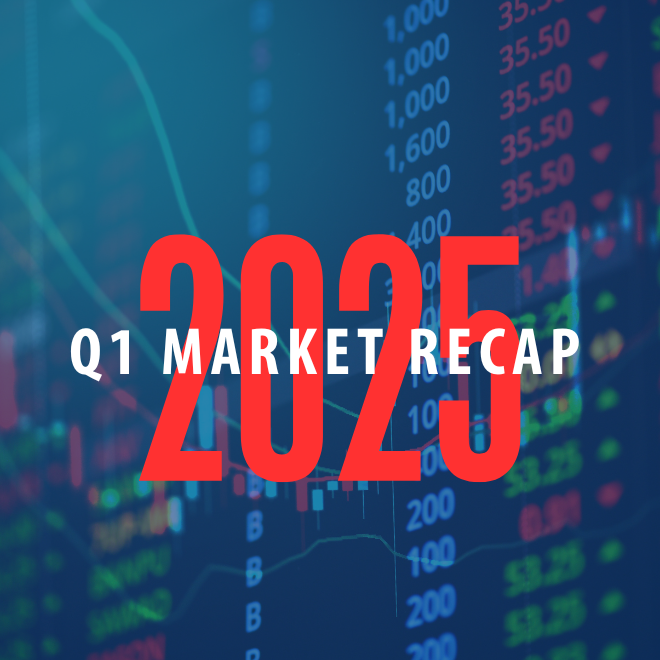Blogs
“An investment in knowledge pays the best interest”
– Benjamin Franklin
Planning a successful retirement starts with informed decisions, and our blog provides the expert insights you need. We cover all the essential aspects of retirement planning, including investment strategies, income management, tax optimization, and healthcare/Medicare needs. Additionally, we explore legacy and estate planning to ensure that your hard-earned wealth is passed on to your loved ones according to your wishes, creating a lasting impact.
Our blog is continuously updated with the latest information and trends, so you can stay ahead of the curve in a rapidly changing financial landscape. Whether you're just starting to plan or refining your strategy for the future, our expert advice will empower you to make smart decisions and build a retirement that aligns with your goals. Sign up today and take the first step toward a prosperous, worry-free retirement!
Frequently Asked Questions
Here are answers to some of our most common questions. Can't find what you're looking for? Feel free to contact us.
How Do I Know If I need a Financial Advisor?
See if we’re the right fit for youIf you have financial goals but aren’t sure how to reach them, a financial advisor can help. Whether you’re growing your wealth, planning for retirement, managing a business, or navigating complex investments, expert guidance ensures you’re making the right moves. If you’re feeling overwhelmed, uncertain, or simply want a strategic plan to maximize your financial potential, it’s time to consider a financial advisor.
What Types of Clients Do You Work With?
Call UsWe work with a wide range of clients, including business owners, professionals, retirees, and high-net-worth families who want to grow, protect, and manage their wealth. Whether you’re planning for retirement, navigating a business transition, or seeking comprehensive wealth management, we provide personalized strategies tailored to your unique financial goals.
How Can I Get Started With Assurance Wealth Management?
Schedule your consultation todayGetting started is simple! Schedule a consultation, and we’ll discuss your financial goals, challenges, and the best strategies for your situation. Whether you’re looking for investment guidance, retirement planning, or comprehensive wealth management, we’ll create a personalized plan to help you move forward with confidence. Contact us today to take the first step!
How Can We Help You?
With over 65 years of experience, Assurance Wealth Management offers tailored solutions for retirement planning, tax optimization, and investment management. Contact us today to secure your financial future.






